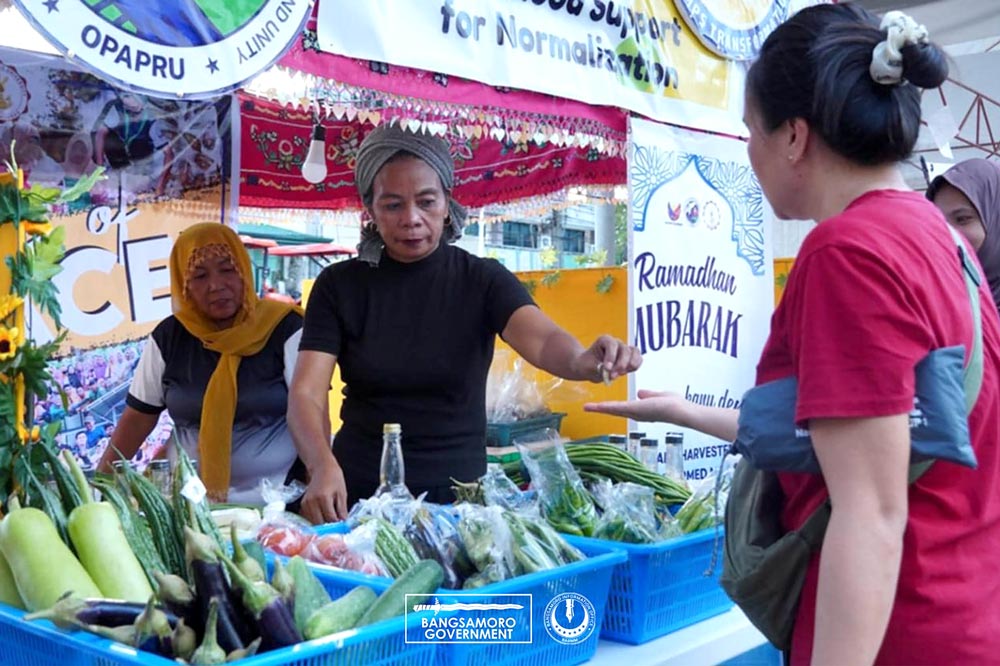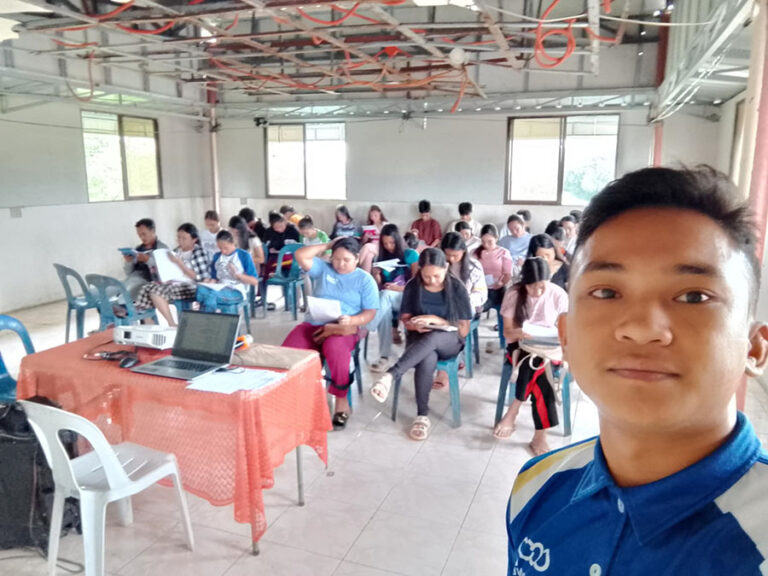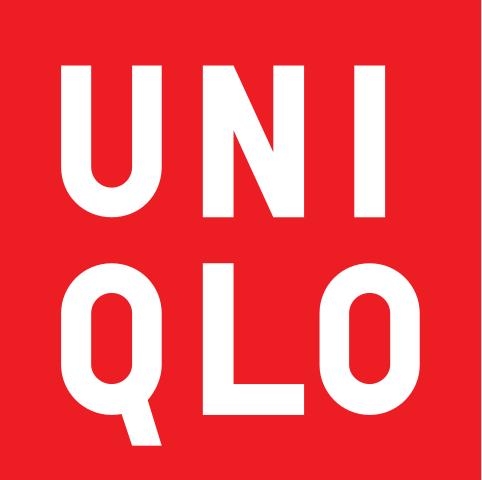
Local Bangsamoro producers showcase a variety of agricultural products during the MAFARamadhan Trade Fair Plus held from March 1 to 30, 2025 in Cotabato City. (Marhom Ibrahim/BIO)
COTABATO CITY – As the golden hues of sunset painted the sky over the Bangsamoro Government Center, the final call to prayer echoed through the bustling stalls of the MAFARamadhan Trade Fair Plus 2025.
The scent of turmeric-infused rice, the rustle of handwoven Yakan textiles, and the laughter of children sampling halal pastries lingered in the air-a testament to a month when commerce and culture intertwined seamlessly.
This wasn’t just a marketplace. It was a living, breathing celebration of the Bangsamoro people’s resilience, creativity, and unyielding entrepreneurial spirit.
For 28 days, the MAFARamadhan Trade Fair became more than just an economic hub-it became a stage where stories of perseverance, heritage, and innovation took center stage.
Organized by the Ministry of Agriculture, Fisheries, and Agrarian Reform (MAFA), alongside the European Union-funded Bangsamoro Agri-Enterprise Program (EU-BAEP) CRESCENT, the event didn’t just break records with P4.5 million in sales-it shattered preconceptions about the region’s potential.
Fifty-nine local enterprises-from women-led MSMEs to agrarian reform cooperatives-turned the fairgrounds into a vibrant tapestry of the Bangsamoro’s finest. Visitors from as far as Zamboanga and Cebu flocked to taste Maguindanao’s organic heirloom rice, marvel at Lamitan’s intricate weaves, and take home jars of Sulu’s golden honey.
The Faces Behind the Success
At Stall No. 17, Sittie Aisah Marohom of Maranao’s Best Delights wiped her hands on her malong and smiled as she packed another order of pastil-steamed rice parcels wrapped in banana leaves.
“Every day, we sold out by noon,” she shared.
“People from Manila even ordered boxes for their iftar gatherings. This fair didn’t just boost our sales-it reminded us that our traditions are valuable,” she added
Nearby, Datu Omar Sinsuat, a farmer-leader from Lutayan, proudly displayed jars of deep purple ube halaya. “Before, our turmeric and ube only reached nearby villages,” he said.
“Now, a wellness brand from Cebu wants to stock our products. This fair opened doors we never imagined,” Sinsuat added.
For Amina Lim, 24, the fair was a turning point. Her startup, Bangsamoro Bees, debuted with 120 jars of honey-all sold in three days.
“We met mentors who will help us scale up,” she said, adding, “This is just the beginning.”
More Than Just Sales
The fair’s impact went beyond revenue. It created over 200 temporary jobs, secured bulk orders for 14 cooperatives, and-most importantly-reaffirmed community pride.
“We’re not just selling products; we’re showcasing our identity,” said Fatima Ahaddon, a 62-year-old Yakan weaver from Basilan. Holding up a meticulously woven scarf, she explained, “One meter takes three days to make. Now, a boutique in Manila wants fifty pieces. My granddaughter now wants to learn-our craft will live on.“
As the fair wrapped up, then-MAFAR Minister Mohammad Yacob looked ahead.
“This is only the start,” he said.
He said that plans are underway for a digital marketplace, expanded skills training, and replicating the fair’s success in Lanao del Sur and Sulu by 2026.
Dr. Elena Petrov of the EU-BAEP CRESCENT program noted how the event aligned with global sustainability goals.
“These entrepreneurs prove that BARMM’s economy can thrive through dignity, not dependence,” she said.
As the last stall folded its malong awnings, the echoes of the fair remained-not just in the numbers, but in the renewed sense of possibility.
For the farmer who now supplies Cebu, the weaver whose art gained new admirers, and the young beekeeper who saw her dream take flight, the MAFARamadhan Trade Fair was more than an event.
It was a renaissance.
The fair’s influence continues to ripple across the region. MAFAR is set to showcase all 59 vendors through the upcoming Bangsamoro E-Suki app, launching in June 2025.
This digital expansion will widen market access and connect entrepreneurs to a broader audience.
Cultural preservation also received a boost as EU-BAEP announced P5 million in funding for documenting indigenous food practices and artisan crafts-ensuring that heritage and history remain central to future development.
Meanwhile, the fair has sparked a new wave of innovation among the youth. Fifteen student teams were awarded seed money to develop agri-based startups inspired by the event, proving that Bangsamoro’s next generation is ready to lead with purpose and passion. (Kasan Usop Jr./BIO)



